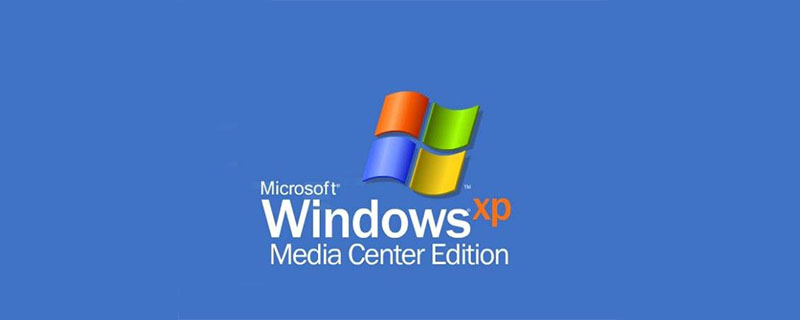

First look at the "System Resources" of the computer, right-click "My Computer", select "Properties", then select "Performance" and look at "System Resources" What it is, generally it should be about 95% or so. (Recommended learning: web front-end video tutorial)
1. The fewer things on the computer desktop, the better. There are only "My Computer" and "Recycle Bin" on my computer desktop. . Too many things take up system resources. Although it is more convenient on the desktop, it comes at the cost of occupying system resources and sacrificing speed.
The solution is to delete all the shortcuts on the desktop, because they are in the "Start" menu and the "Programs" bar. Move all other files that are not shortcuts to the D drive or E drive, not the C drive. The C drive only contains WINDOWS files and some programs that must be installed on the C drive. Do not put the rest on the C drive, but on the D drive or E drive.
2. Right-click "My Computer", select "Properties", then select "Performance", click "File System" on the left, there is an option "The main purpose of this computer (T)". Pull down that arrow and change "Desktop" to "Web Server" and OK.
Select "Virtual Memory" on the right, select "User-specified virtual memory settings (M)", and then change the maximum and minimum values to the value of your computer's memory multiplied by 2, for example, 128 MB of memory, set it to "256", and then confirm. Ignore the displayed prompts. You will need to restart after confirmation.
3. Quotation, follow these eight items, it will be difficult to slow down the computer - Talk and laugh - Fly freely 3. Open "My Computer", open the C drive, there is a Windows folder, open it and find A "Temp folder", delete all the files in it (you need to close other applications in advance).
There is a "Temporary Internet Files folder" next to the "Temp folder", open it and delete all the contents inside. Be careful not to delete the "Temp folder" and "Temporary Internet Files folder" as well, but delete everything in the folder. Remember! ! ! It is best to do this once a month.
4. In the bottom line of the computer screen, only the real-time monitoring icon of the anti-virus software and the "Start" on the far left are left. Delete everything else because it takes up system resources and there are many things that are not used at all. . Even the ones used are all available in the "Start" menu. You can add shortcuts to the most commonly used software to the start menu, and add shortcuts to the less commonly used software to the program menu.
5. Set both the desktop wallpaper and screen saver to "None".
6. Select "Start" - "Programs" - "Accessories" - " System Tools" - "Maintenance Wizard", select "Modify my maintenance settings or schedules" to confirm, then select "Customize", next step, "Customize", then next step, a dialog box will appear "Start faster Windows", uncheck all the ticks in it. This is a program that is started when the computer is turned on. Some are not used at all. If you use it, it will start again very quickly.
Then next step, select "No" and then the next step, then select "No", then the next step, again "No", and then "Finish". OK!
7. Select "Start" in the lower left corner - "Programs" - "Accessories" - "System Tools" - "ScanDisk", select "Automatically fix errors" above and then "Start" "The repair will be completed quickly. Repair all your hard drives C, D, E, and F, and then "Close" to exit.
8. Select "Start" in the lower left corner - "Programs" - "Accessories" - "System Tools" - "Disk Defragmenter", select "All Hard Drives" from the drop-down menu and then OK, then just wait, you can go and take a rest, haha.
If you have never run this program before and your hard disk is large, it may take more than an hour (if you think it takes a long time, you can stop it and run it again after several times) ). This program should be run once a month or so in the future, and the running time will be much shorter after the second time.
The above is the detailed content of How to speed up your xp computer 50 times. For more information, please follow other related articles on the PHP Chinese website!